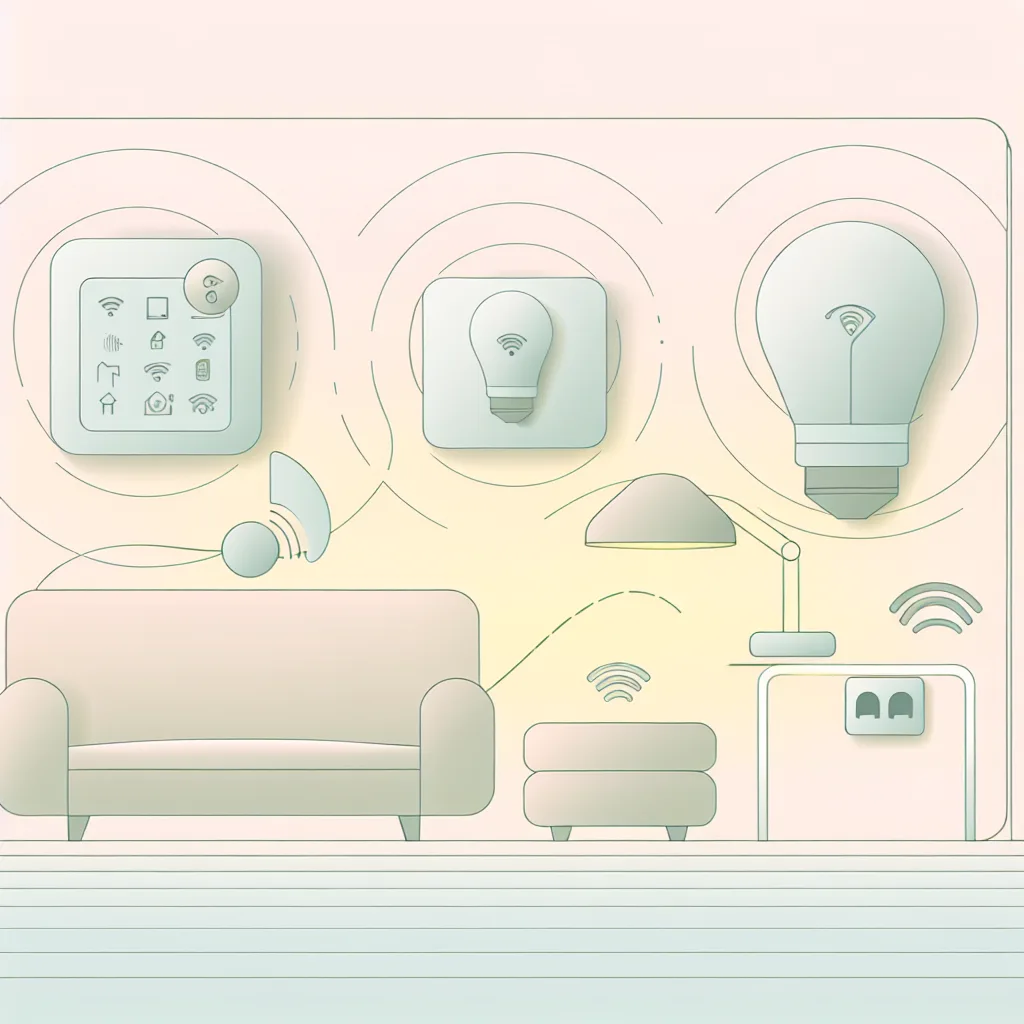Understanding What Hub to Pick for Your Smart Home Setup
If you’re like me and invested in a smart home setup, you’ve probably come across the frustration of device ecosystems that don’t quite play nice—especially when it comes to your home automation hub. Recently, I had to replace most of my smart bulbs and re-think my entire setup after my old ZigBee system, specifically the Sengled brand, basically stopped working. The official app and Alexa skill were discontinued, and support went silent. This pushed me to research alternatives like Matter hubs, Z-Wave, and how to keep the IP addresses on my network low while still getting reliable smart home control.
What’s a Home Automation Hub Anyway?
Think of a home automation hub as the central brain that helps all your smart devices communicate. Some devices connect through WiFi or Bluetooth, which your Alexa or Google Assistant can control directly. Others, like ZigBee or Z-Wave devices, usually require a dedicated hub to act as a signal relay and manager. The aim is to keep your network stable without overwhelming your WiFi router with too many connected devices.
ZigBee: What Went Wrong?
ZigBee technology once seemed like the perfect solution for smart bulbs and sensors because it uses low power and creates a mesh network where device signals hop across devices to reach the hub. But many brands, Sengled included, implement ZigBee their own way, making support and compatibility shaky. When Sengled’s Alexa skill disappeared, and their app stopped working, it left me stuck with bulbs that weren’t smart anymore.
The Matter Protocol: What Is It and Do You Need a Hub?
Matter is a newer smart home standard designed to improve device compatibility across brands and platforms, promising encrypted data and IPv6 support. Sounds great, right? But here’s where it gets confusing.
Does Matter need a hub? Not necessarily. Many Matter devices operate over WiFi or Thread (a low-power, mesh protocol). However, some setups still need a Matter hub or bridge to connect older or less common devices to your network or to bridge Thread devices to your WiFi router.
ELI5: Why Would You Want a Matter Hub?
Imagine your Matter hub isn’t an independent WiFi access point but more like a translator or gateway speaking different device languages. It doesn’t replace your WiFi router but helps devices talking Thread or ZigBee connect seamlessly with WiFi gadgets and your smart assistants.
What About Z-Wave?
Z-Wave is another wireless standard mostly used in smart home gear. It, too, requires a dedicated hub. It’s a mature technology with good mesh networking capabilities but less commonly used in lighting than ZigBee or WiFi bulbs. Some users prefer Z-Wave for security and reliability.
Keeping Your IP Addresses in Check
One big reason I moved away from WiFi-heavy setups is to avoid clogging my router with too many IP-assigned devices. ZigBee and Z-Wave devices don’t need unique IP addresses because they communicate through the hub, which acts as the network bridge.
So, What Should You Pick?
- If you want broad compatibility and are starting fresh, Matter-compatible devices paired with a hub (or bridge) are a reasonable bet. The ecosystem is still growing, and many big names support it.
- If you value mature tech with great mesh support and want to minimize IP usage, Z-Wave hubs are still solid choices.
- If you’re committed to ZigBee, consider brands known for solid support and wide compatibility, like Philips Hue.
Final Thoughts
Choosing the right home automation hub boils down to what devices you want, how much you want to manage IP addresses, and how much future-proofing you’re after. Matter shows promise, especially with encryption and interoperability, but you’ll want to check if a hub or bridge fits your particular devices. Meanwhile, Z-Wave still holds its ground for reliable, mesh-based smart home setups.
For more about Matter and home automation standards, check out Connectivity Standards Alliance’s Matter page and for Z-Wave details, visit the Z-Wave Alliance website. Plus, for practical advice on managing your smart home network, this guide from CNET is a helpful read.
So, next time you think about upgrading your smart bulbs or home gear, consider the whole picture — compatibility, network traffic, and ongoing support. It’s a balance, but with the right home automation hub, your smart home can be as smart as you want it to be!
